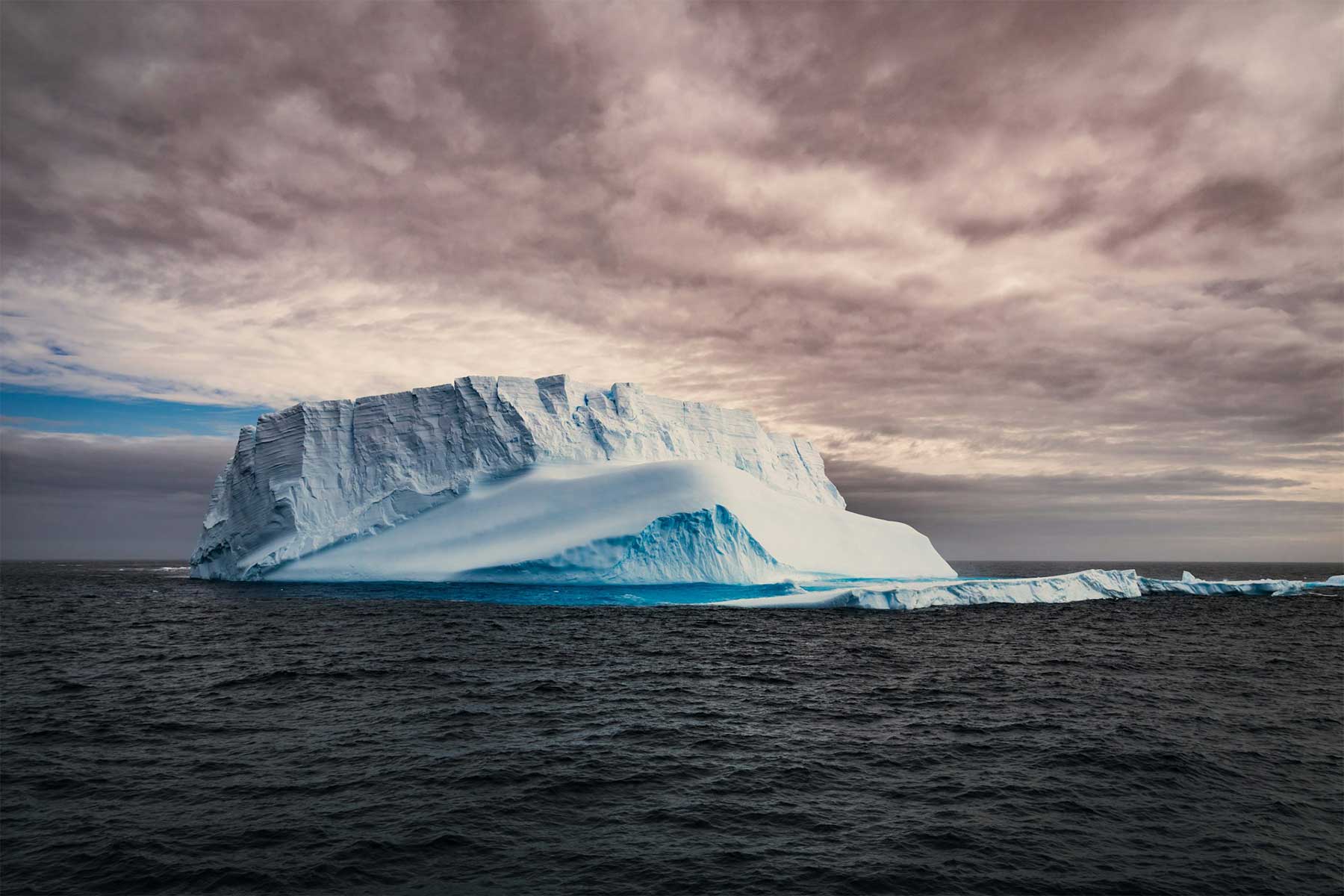
Sea-ice changes are complex drivers of regional and global climate change. Yet, sea-ice observations are short (reliable satellite data only exist since 1979) and natural variability is high. This means that the ability of climate models to capture observed sea-ice behaviour and to project future trends remains poor.
We are extending the observational sea-ice record using new and legacy ice core and marine sediment records from Ross Sea region to access the paleoclimate archives that help to test and improve models. In particular, we focus on past environmental variability in the Ross Sea region to assess drivers and consequences of changes in sea ice and marine primary production.
2022 was a record-breaking year for Antarctic sea-ice reduction, yet in 2023 the sea-ice extent shrunk an additional and staggering 10% compared to 2022. While 2024 was slightly less extreme, worryingly, for the first time the winter sea ice (at its maximum extent) didn’t recover from the extreme 2023 summer minima. Is this the new normal?
We are collecting and analysing glaciological, oceanographic and ecological data to monitor change in key locations. Important physical parameters are being used to assess thresholds, provide relevant real-time information, and to identify emerging risks to guide targeted modelling experiments.
Current climate models and projections are built on incorrect sea-ice conditions. We are coupling a sea-ice model with the first coupled ocean-atmosphere model for the Ross Sea to assess critical processes and thresholds, aiming to improve future projections.
We are delivering research findings from across the programme to contribute to national and international Antarctic science, policy and governance.
In addition, we are exploring ways to enrich Antarctic science-policy interfaces with Mātauranga Māori (Māori knowledge) and Te Ao Māori (Māori world view).
